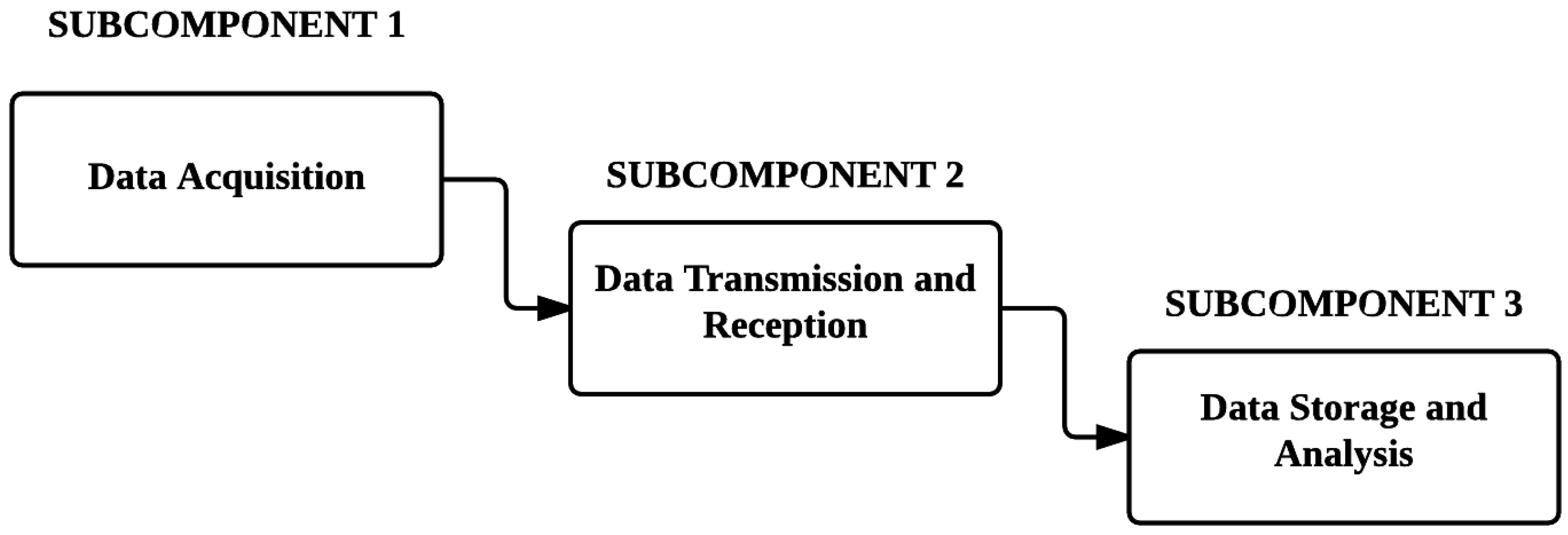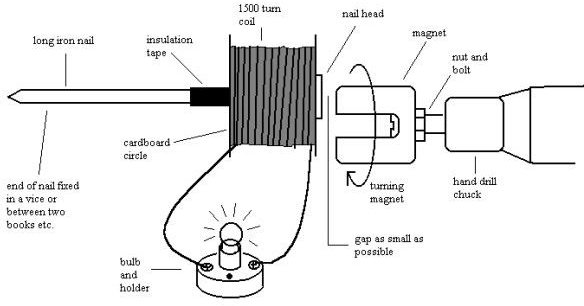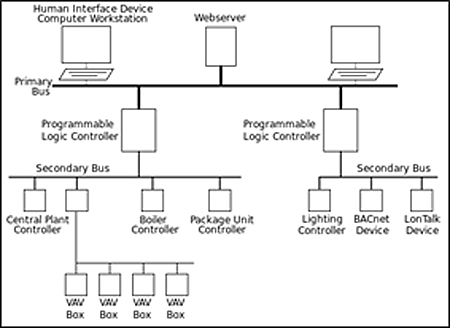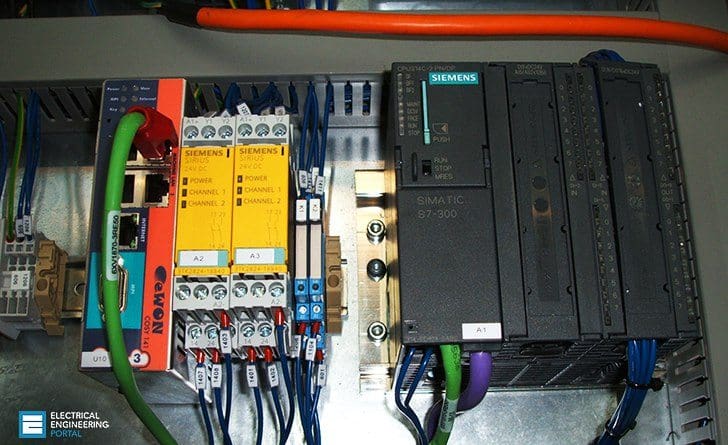-
Gallery of Images:

-
ebooks in Electrical Engineering category AC Circuits by Chad Davis University of Oklahoma, 2017 This book covers AC circuit theory as well us a brief introduction of electronics. It covers the basic theory of AC signals, sinusoidal waveforms, square waves, triangle waves, the mathematics background, resistors, inductors, and capacitors. The mission of the Electrical Engineering Technology program is to provide a quality education for its students and an outstanding professional development environment for its faculty and students. To accomplish this mission, the Department has set the following educational objectives for its Electrical Engineering Technology curriculum. To prepare students to immediately contribute in the [ USA is a community of leaders and learners who support and challenge one another through academic experiences, research and service that advance the Gulf Coast region and the world. Principles and Applications of Electrical Engineering provides a solid overview of the electrical engineering discipline that is especially geared toward the many nonelectrical engineering students who take this course. Electrical Engineering Career Basics. Electrical engineers use physics, electronics and to design devices that are powered by or produce electricity. Associate of Applied Science (AAS) C Career technical education programs for job training Career technical education programs for job training, guided by Advisory Committees Purpose. The Electrical Engineering Technology degree prepares individuals for employment as commercial, industrial and residential electricians or electrician helpers. About the Program The threeyear Electrical Engineering Technology program has been designed to provide students with both theoretical and practical experience, enabling them to work in a wide variety of electrical engineering areas including power systems and process control. Course Structure and Duration: View Details: Course Structure and Duration. (a) Every curriculum for the degrees shall extend over not less than five academic years. (b) A candidate enrolled for the degree shall satisfactory complete such curriculum in a period of not more than twice the minimum period for which heshe was registered for the degree. Electrical and electronic engineers provide lighting, heating and ventilation for buildings, make sure that our transport networks run efficiently and safely, help to power the manufacturing and construction industries, and play a crucial role in the production and distribution of power. Get best list of EEE projects ideas for final year electronics and electrical engineering students to do their mini and major electrical projects. For courses in Electrical Engineering. Accessible and applicable learning in electrical engineering for introductory and nonmajor courses. The# 1 title in its market, Electrical Engineering: Principles and Applications helps students learn fundamentals with minimal frustration. Its goals are to present basic concepts in a general setting, to show students how the. This class will introduce you to the basic concepts, mathematical tools and design methods of classical control theory. It will enable you to use analysis and design tools used in control engineering and appreciate the industrial applications of control systems. Electricity is the set of physical phenomena associated with the presence and motion of matter that has a property of electric charge. In early days, electricity was considered as being not related to on, many experimental results and the development of Maxwell's equations indicated that both electricity and are from a single phenomenon. The Department of Biomedical Engineering was established in 1968 at Case Western Reserve University, founded on the premise that engineering principles provide an important basis for innovative and unique solutions to a wide range of biomedical and clinical challenges. This degree embraces a broad spectrum of electrical and electronic engineering activities ranging from digital electronics and communications to electrical machines and. Stand Out as an Innovative Power Engineer. The Master of Science: Electrical Engineering program will prepare you for leading edge positions in industry in the areas of electric power, power electronics, motor drives, and electric machines. News, tutorials, applications, and research on control, instrumentation and automation systems for electrical, mechanical and chemical engineers. Coverage includes discrete control, information control, process control, and system integration. Warning: sessionstart(): ORDWR) failed: No space left on device (28) in. You study eight modules covering the needs of local and national industries and business. The HNC provides a sound understanding of all key principles and includes core modules in Electrical Principles, Analytical Methods, Engineering Science and a project. com provide help with Electrical Engineering Topics, Help with Electrical Engineering Assignment services for students around the world. NEETS, MODULE 02INTRODUCTION TO ALTERNATING CURRENT AND TRANSFORMERS. Introduces alternating current theory and power supplies. Topic 1 discusses the differences between alternating and direct current, generation of alternating current, and. COMPLEX NUMBERS AND INFINITE SERIES: De Moivres theorem and roots of complex numbers. Eulers theorem, Logarithmic Functions, Circular, Hyperbolic Functions and their Inverses. Convergence and Divergence of Infinite series, Comparison test dAlemberts ratio test. Electrical engineering is one of the newer branches of engineering, and dates back to the late 19th century. It is the branch of engineering that deals with the technology of electricity. Program Title Electrical Engineering Technology. Credential Earned Ontario College Advanced Diploma. Delivery Full Time; Program Length 6 Semesters.
-
Related Images:











